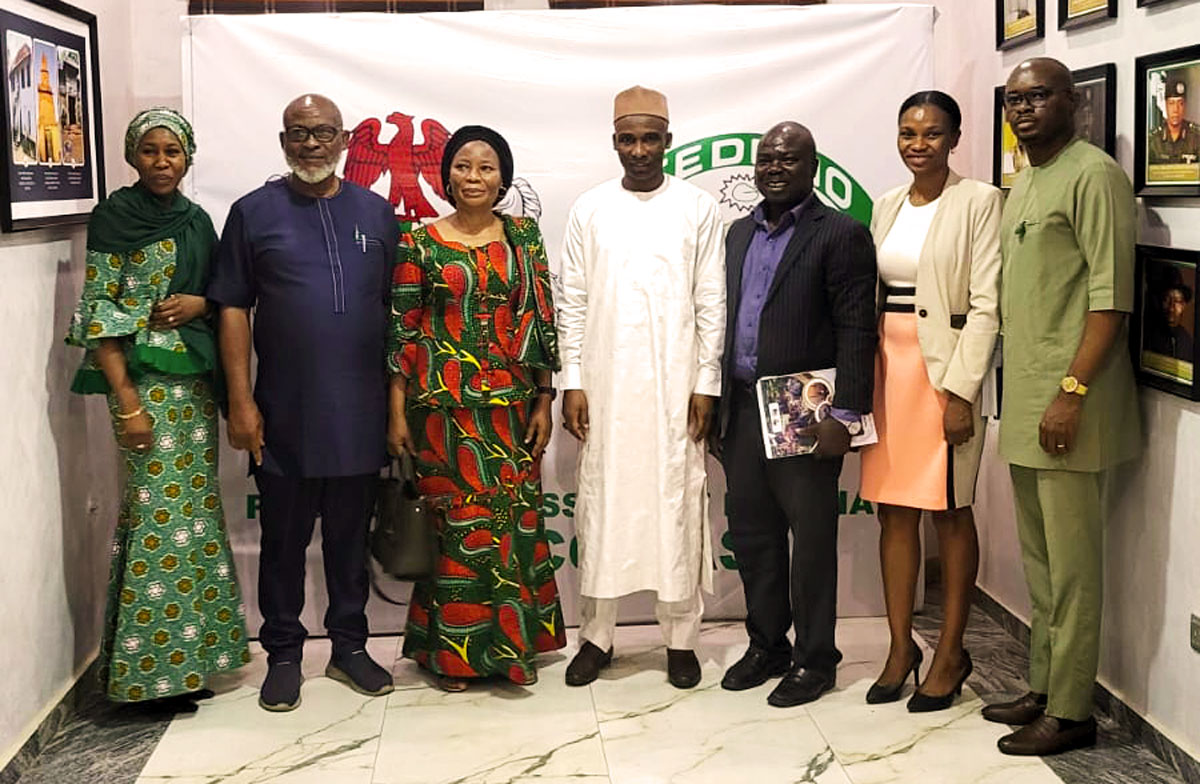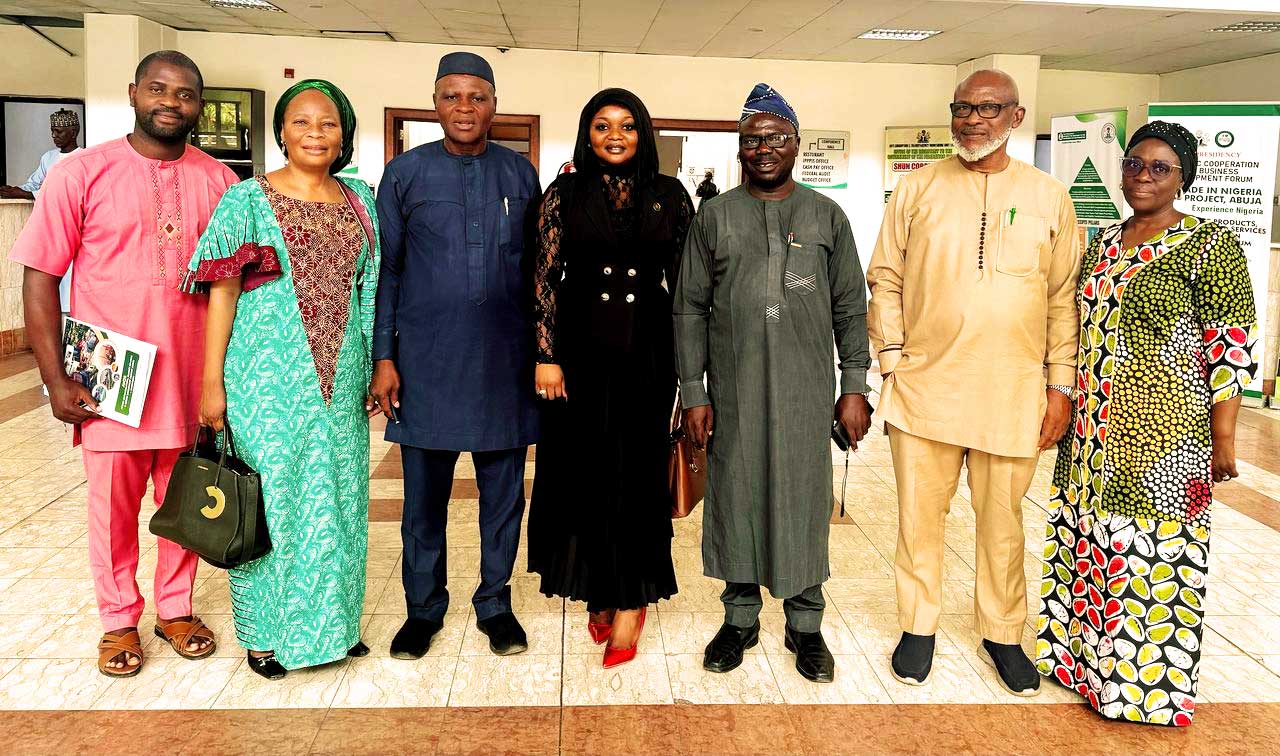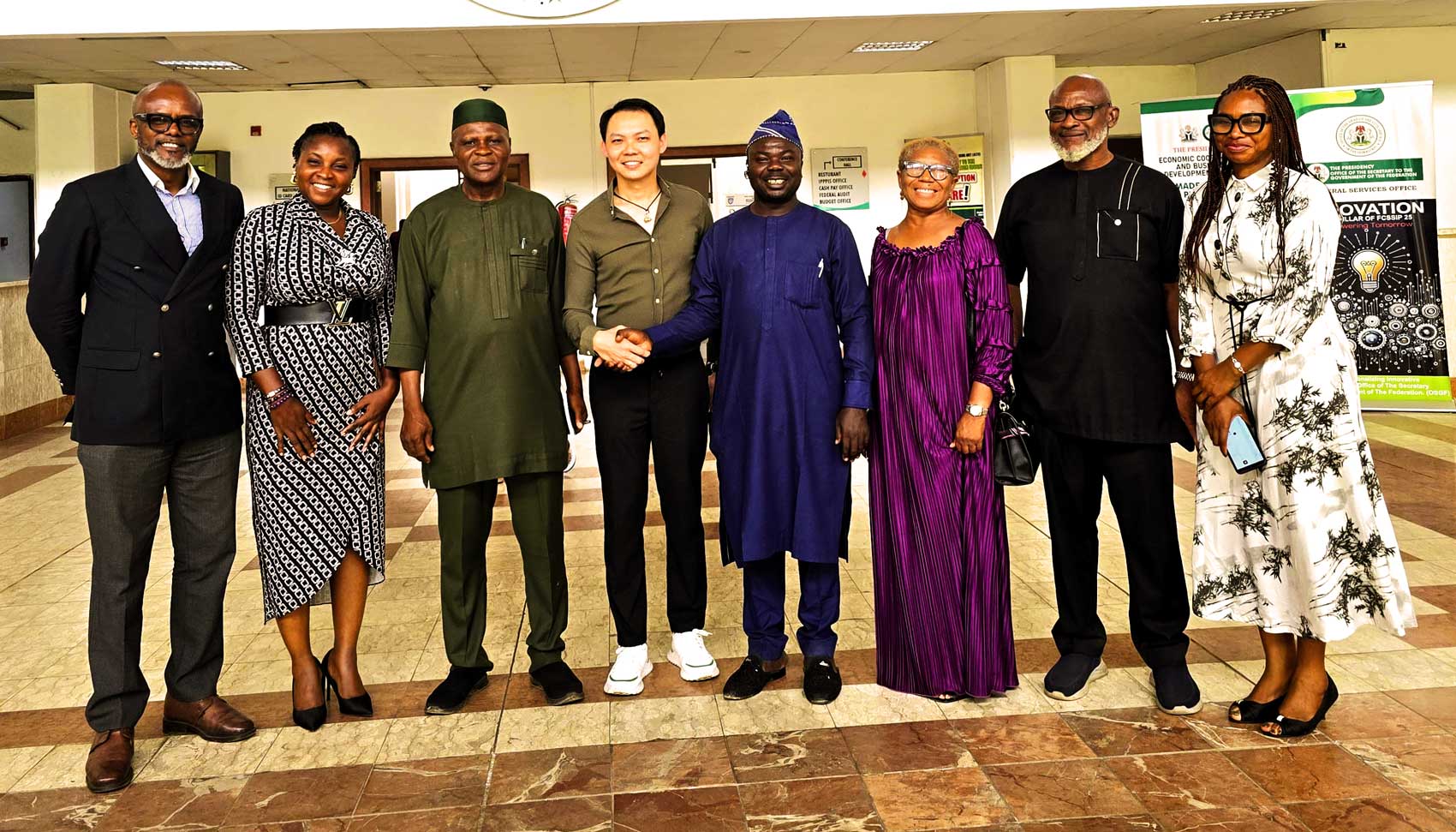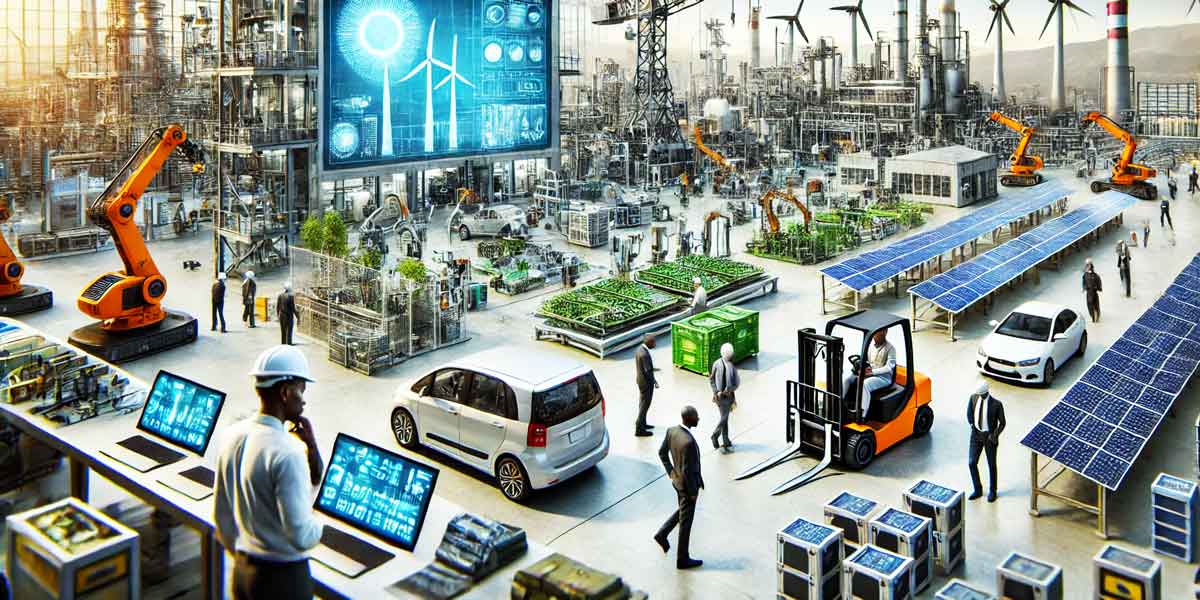Imagine a future where Africa’s cities are powered by clean energy, where modern transport systems run seamlessly on green technology, and where sustainable infrastructure is the backbone of economic prosperity. This is no longer just an aspiration—it is an imperative. As the world accelerates toward a carbon-neutral economy, Africa stands at a critical juncture, with an unprecedented opportunity to drive green infrastructure development that balances economic growth with environmental sustainability.
At AICIS 2025, the Africa Multilateral Infrastructure, Climate Change, and Green Investment Summit, global leaders, investors, and policymakers will unite to unlock the financing, technology, and policies necessary to fast-track Africa’s green infrastructure revolution. From renewable energy grids and sustainable transportation networks to climate-resilient cities, this summit will provide a strategic roadmap for transforming Africa into a global leader in sustainable development.
The Urgency for Green Infrastructure in Africa
Africa is urbanizing at an unprecedented rate, with its cities expected to accommodate 1.4 billion people by 2050. Without a proactive strategy, rapid urbanization could lead to increased emissions, energy shortages, and environmental degradation. The continent must adopt green infrastructure solutions that prioritize sustainability while meeting the needs of its growing population.
Green infrastructure is not just an environmental necessity; it is an economic opportunity. It enhances resilience against climate change, attracts sustainable investments, and creates millions of jobs in emerging industries such as renewable energy, eco-friendly construction, and smart urban planning.
Unlocking Investment in Sustainable Projects
Financing remains a key challenge in Africa’s green transition. Governments, multilateral organizations, and private sector investors must collaborate to channel funds into projects that promote sustainability. Some of the key mechanisms include:
- Green Bonds: Mobilizing capital for large-scale renewable energy and smart city projects.
- Public-Private Partnerships (PPPs): Encouraging collaboration between governments and private entities to fund sustainable infrastructure.
- Climate Funds and International Grants: Leveraging global climate financing to support Africa’s transition to green growth.
At AICIS Nigeria 2025, investment forums will provide a platform for connecting African policymakers with global investors to bridge the green financing gap.
Renewable Energy: The Cornerstone of Green Infrastructure
Africa’s vast solar, wind, hydro, and marine renewable resources provide an unparalleled opportunity to build a clean energy future. Advancing renewable energy infrastructure can:
- Reduce reliance on fossil fuels and lower carbon emissions.
- Expand electricity access to off-grid rural communities.
- Support industrialization by providing reliable and sustainable power.
Countries such as Kenya, South Africa, and Morocco have already made strides in renewable energy investments. However, scaling up green energy adoption requires enhanced regulatory frameworks, financial incentives, and technological partnerships—critical discussions that will take center stage at AICIS 2025.
Smart Cities and Climate-Resilient Urban Development
Africa’s cities must embrace smart infrastructure that integrates technology, sustainability, and efficiency. Key components include:
- Green Buildings: Energy-efficient designs reducing carbon footprints.
- Waste Management Innovations: Circular economy models that promote recycling and waste-to-energy solutions.
- Smart Water Systems: Resilient infrastructure that ensures sustainable water supply.
By harnessing big data, artificial intelligence, and IoT-powered urban planning, Africa can build cities that are not only sustainable but also economically competitive on a global scale.
Green Transportation Systems for Africa’s Future
Transportation accounts for a significant portion of Africa’s carbon emissions. The transition to sustainable mobility solutions is crucial for climate resilience and economic efficiency. Key innovations include:
- Electric Vehicles (EVs): Scaling up charging infrastructure and EV production.
- Mass Transit Solutions: Expanding metro, rail, and bus rapid transit (BRT) systems powered by clean energy.
- Non-Motorized Transport Infrastructure: Encouraging cycling and pedestrian-friendly city planning.
Countries like Rwanda are already pioneering electric motorcycle adoption, setting a precedent for low-carbon mobility. Through AICIS Nigeria 2025, policymakers and investors will explore solutions to expand these initiatives continent-wide.
The Role of AICIS 2025 in Driving Change
As Africa’s premier platform for infrastructure, climate change, and green investment, AICIS Nigeria 2025 will serve as a catalyst for action by:
- Hosting high-level policy dialogues to align Africa’s green agenda with global sustainability goals.
- Showcasing bankable green projects to attract investment and drive implementation.
- Facilitating partnerships between governments, investors, and technology providers to fast-track infrastructure development.
With the right policies, financing mechanisms, and technological innovations, Africa can become a model for green infrastructure investment on a global scale.
Africa’s sustainable future depends on its ability to redefine infrastructure—moving away from carbon-intensive development toward climate-smart solutions. The transition is not just about reducing emissions; it is about building resilient economies, improving quality of life, and unlocking new opportunities for growth.
AICIS Nigeria 2025 is the platform where this vision will take shape. Join us as we connect leaders, investors, and changemakers to drive Africa’s green infrastructure revolution. The time for action is now—Africa’s future must be built on sustainability.
#AICISNigeria #AICIS2025 #GreenInvestment #SustainableAfrica #RenewableEnergy #SmartCities #InfrastructureInnovation #ClimateAction #CleanMobility #FutureOfAfrica




